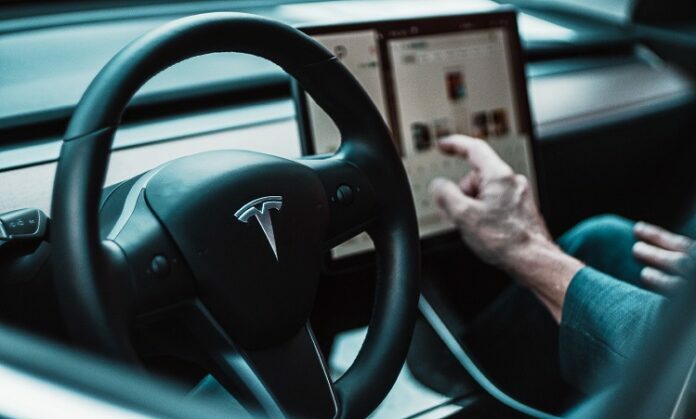There is no question about it—we spend a great deal of time in our cars. In fact, some estimates suggest that the average driver spends between 60 and 120 minutes per day behind the wheel. As more and more busy professionals move to the suburbs, these numbers are expected to grow even more dramatically. It should come as no surprise, then, that making the driving experience easier and more enjoyable is a priority for many car manufacturers. But is creating a vehicle that can operate on its own really the right choice?
What are Autonomous Vehicles?
Before one can make a decision on the merits of autonomous cars and trucks, one must have a basic understanding of the machines in question. As suggested by the name, autonomous vehicles are those which can drive, park, and otherwise operate themselves—often with only minimal amounts of driver input. While some cars have featured minimal autonomous features for years, the skill and precision level of the vehicles have grown by leaps and bounds over the past several months. Some reports by Google suggest that their unique autonomous vehicle can drive as many as 200,000 miles without any reported auto accidents.
Benefits of Autonomous Vehicles
Though there are a number of benefits associated with the use of an autonomous vehicle, the elimination of human error may be one of the most important. In theory, this could reduce the rate of serious car accidents substantially—thus saving both human lives and preventing costly property damage. Similarly, autonomous vehicles eliminate distracted driving behaviors, thus making the roads safer for all involved. Finally, some researchers suggest that these unique vehicles may be able to operate with greater fuel efficiency, thus lowering hazardous fuel emission rates.
The legality of Autonomous Vehicles
But what about the legality of these cars and trucks? Are they really as safe as some manufacturers would like consumers to believe? Currently, there is much debate about this topic—and not only does it focus on the safety ratings of these cars and trucks, but also on the way in which they would be regulated. In fact, some technology experts suggest that insurance rates would increase drastically for owners of autonomous cars, even if they personally were not to blame for the actions of their vehicles. Operating these machines on roads with manual cars would also likely pose many problems and complications.
Obtaining Autonomous Vehicles
Obviously, these vehicles could prove to be quite useful and desirable, especially for “techy” drivers or those with a disability that makes operating a traditional car challenging. In all likelihood, however, it will be years before fully autonomous vehicles will be available for purchase by members of the general public. Staying up to date with autonomous car research groups, such as those employed by Google, may be effective when it comes to monitoring the status of the machine. With any luck, the car of the future will be available to consumers before we know it!




